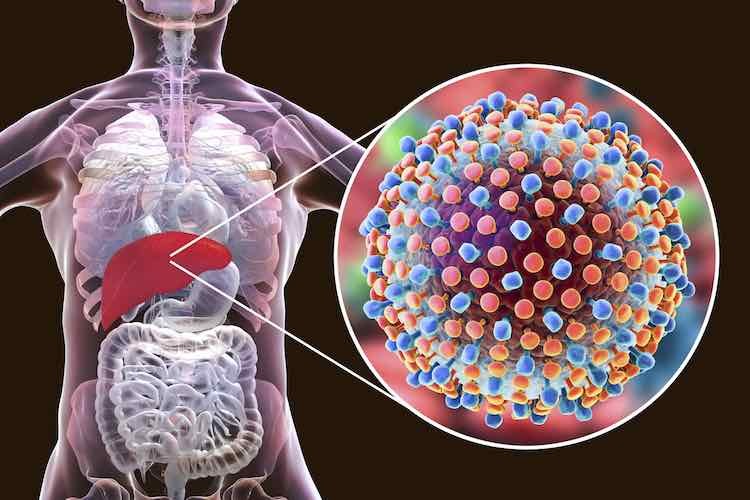
Hepatitis simply means inflammation of the liver(hati). The liver is the largest gland in our body and does multiple essential functions to keep the body healthy. One of the main functions of the liver is to detoxify waste metabolics from our body and thus preventing accumulation of urea.
Apart from that, it also functions to produce important proteins such as albumin, clotting factors and hemoglobin. In the digestive system , liver helps to produce bilirubin which is very important for the emulsification process of lipids in the digestion.
Inflammation of liver or simply hepatitis can be caused by multiple factors. Generally, it can be categorized under infective and toxic causes which will be discussed further below.
Types of hepatitis
- Infective causes
- Viral hepatitis – There are basically 5 hepatitis viruses that are responsible for viral hepatitis.
- Hepatitis A – can be spread through contaminated food or water sources and from close physical contact. Patients usually complain of diarrhea, abdominal pain and yellowish discoloration of eye and skin.
- Hepatitis B – is transmitted through contact, various bodily fluids and sexual contact.
- Hepatitis C – is contracted when a contaminated blood enters into the bloodstream of a normal person. It is common in people receiving frequent blood transfusions.
- Hepatitis D – similar transmission route as hepatitis B. It is often always accompanied in patients with hepatitis B.
- Hepatitis E – contracted from contaminated water and food sources. Common in travelers to endemic areas.
- Bacterial hepatitis – Another responsible organism for liver inflammation is bacteria. Infectious diseases like leptospirosis and syphilis can lead to hepatitis.
- Parasitic hepatitis – Parasites like protozoa and worms can lead to hepatitis. Amebiasis and toxoplasmosis are two common organisms causing hepatitis. Generally, parasitic hepatitis are 3 fold higher in immunocompromised patients.
- Toxic causes
- Alcoholic hepatitis – consuming heavy alcohol or binge alcohol consumption can lead to dangerous effects on the liver. Heavy alcohol causes transposition of bacterial components from the gut leading to release on inflammatory substances in the liver.
- Medicinal hepatitis – overdosage of certain drugs such as paracetamol can lead to inflammation of liver.
Inflammatory bowel disease
Generally, inflammatory bowel disease is an umbrella term used to describe two different conditions namely ulcerative colitis and Crohn’s disease.
- Ulcerative colitis – It is an inflammation of the superficial layer of your colon and rectum in a continuous pattern.
- Crohn’s disease – It is the inflammation of deeper layers of the gastrointestinal systems with skip lesions
Both ulcerative colitis and Crohn’s disease will lead to similar symptoms such as bleeding during defecation, abdominal pain, reduced appetite, weight loss, joint pains, mouth ulcers and easy fatigue.
Inflammatory bowel disease causes are yet to be found exactly. But researchers claim that dietary and stress have important roles in the cause of IBD. Another possible cause is a mishap in the immune system where your body attacks your own cells and tissue when fighting against bacterial or viral infections.
Risk factors for inflammatory bowel disease
- Family history – You are at a high risk if any of your first degree relatives had the disease previously.
- Age – Most people with inflammatory bowel disease are diagnosed before the age of 30 years old. But a small portion of patients can be diagnosed later at the age of 50 to 60 years old.
- Smoking – Cigarette smoking has a very bad effect on Crohn’s disease and it is a modifiable risk factor. Quitting smoking helps to prevent inflammatory bowel disease and hence improve the general health of your body.
- Non steroidal anti-inflammatory medications (NSAIDS) – This includes medications such as ibuprofen, naproxen, diclofenac sodium and others may elevate the risk of inflammatory bowel disease or worsen the disease in some people.
